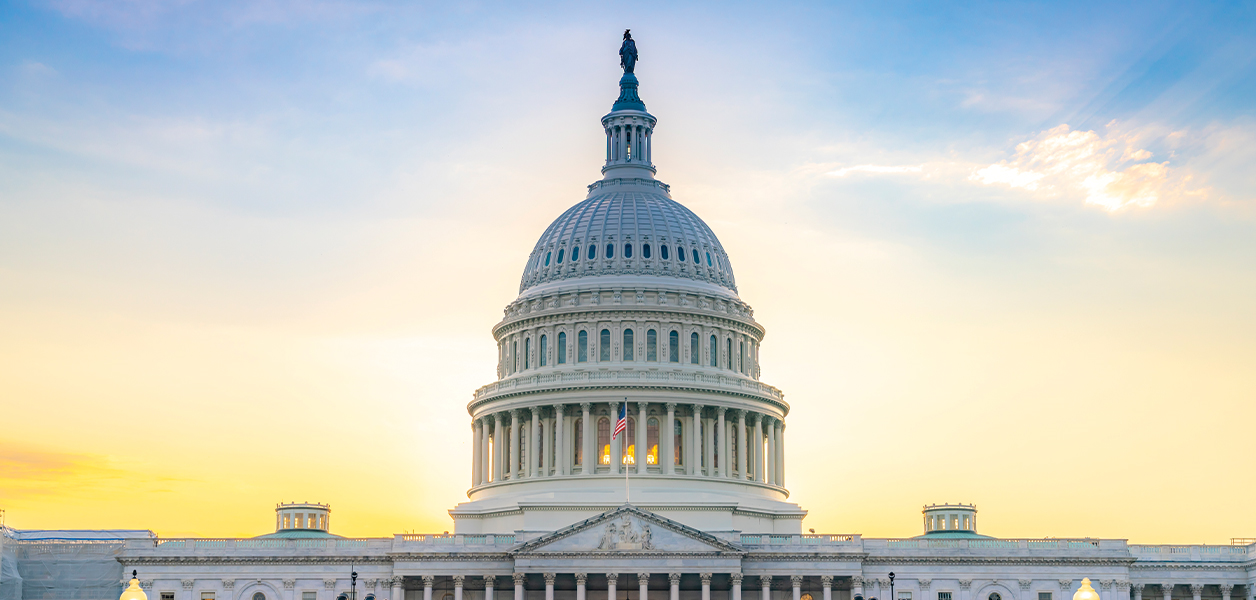NRCA urges passage of the Protect Small Business and Prevent Illicit Financial Activity Act
NRCA joined with more than 100 business organizations to urge passage of S. 3625, the Protect Small Business and Prevent Illicit Financial Activity Act introduced by Sen. Tim Scott (R-S.C.). This legislation would provide a one-year delay of the Corporate Transparency Act’s upcoming filing deadline of Dec. 31. The Corporate Transparency Act would require more than 32 million businesses—including many NRCA members and roofing industry professionals—to provide sensitive private data to the government to capture the illicit activities of shell companies. The companion to this legislation (H.R. 5119), introduced by Reps. Zach Nunn (R-Iowa) and Joyce Beatty (D-Ohio), was adopted by the House on a bipartisan vote of 420-1 Dec. 12, 2023.
A one-year delay of the Corporate Transparency Act’s filing deadline would allow the court process prompted by the recent decision in National Small Business Association v. Yellen to work its way through the appellate court and Supreme Court; be consistent with congressional intent to give covered entities two years to comply with the Corporate Transparency Act’s reporting requirements; and provide the business community and the Financial Crimes Enforcement Network with additional time to educate millions of small-business owners regarding the new reporting requirements and the onerous penalties resulting if they fail to comply.
Congress looks to avert shutdown, releases final funding bill that includes an increase in Perkins funding
Congressional leaders moved to phase two of their plan to pass the remaining six appropriations bills to fund the federal government until Sept. 30, the end of fiscal year 2024. The current funding for these appropriations bills expires March 22 and includes contentious issues regarding border security and the Department of Defense. Within the Department of Education, Perkins Career and Technical Education State Grants—a top priority for NRCA—were funded at $1.44 billion, a $10 million increase from the previous fiscal year. Congress hopes to pass this legislation over the weekend, and the president indicates he will sign the bill into law.
If lawmakers succeed in approving this second package to finally fund the government for fiscal year 2024, they then will immediately start the process for setting the federal discretionary spending for fiscal year 2025.
Register for Roofing Day in D.C. 2024 by March 29 and help us reach 250 attendees!
Join us April 16-17 in Washington, D.C., for the largest advocacy event dedicated solely to the roofing industry. We currently have more than 200 participants registered—will you help us get to 250?
Review our key advocacy issues for 2024—solutions to workforce shortages and pro-growth tax reform. To view our draft itinerary and register, visit www.nrca.net/roofingday.
Immigration reform to address workforce shortages
Reps. Lloyd Smucker (R-Pa.) and Henry Cuellar (D-Texas) were recognized at the spring meeting of the National Immigration Forum for their leadership in spearheading bipartisan immigration reform legislation supported by NRCA. Smucker and Cuellar discussed the need for the Essential Workers for Economic Advancement Act (H.R. 3734), a bill they have co-sponsored to address workforce shortages by establishing a new visa program that matches willing employers with temporary workers to meet the urgent needs of the current economy. Additionally, NRCA Vice President of Government Relations Duane Musser participated with other business leaders in a panel discussion to further address the importance of H.R. 3734 and other proposals as solutions to industry workforce needs.
Department of Labor proposed rule to enhance Registered Apprenticeships
NRCA and allied organizations submitted comments regarding the Department of Labor’s Notice of Proposed Rulemaking, National Apprenticeship System Enhancements, which aims to modernize existing regulations that govern the operation of federal Registered Apprenticeships. Significant changes in the proposed rule include the strengthening of labor standards; better defining roles for State Apprenticeship Agencies; promoting apprenticeship pathways; creating new models for Registered Apprenticeships for high school and community college students; and updating accountability measures within the system.
NRCA and other members of the Jobs and Careers Coalition submitted comments that outlined concerns the proposed rule will add expensive new mandates to Registered Apprenticeships, which will make them more costly and difficult for employers to adopt. The comments recommend DOL fundamentally reassess the proposal and adopt a more flexible, less burdensome approach to Registered Apprenticeships that would be more attractive to employers—particularly small businesses.





